Boots on the Ground
Spring is officially over.
So, how’d it go? Did those sustainable, eco-friendly products you stocked up on fly off the shelves? If you are like most retailers, garden or otherwise, around the country, the excitement about sustainability may now seem like more sizzle than steak.
The 18-month rush to get on the green bandwagon has left consumers confused and frustrated, according to the Shelton Group, a Tennessee-based advertising agency. According to a recent article on GreenBiz.com, “With no prompting, nearly half of all respondents were essentially unable to name one feature of a green home.”
However, when offered a list of 17 items to choose from, respondents on average selected 10.4 items that were essential to a green home. “Consumers seem to think green homes are an all-or-nothing proposition and because of the real and perceived costs, many are throwing their hands up and saying, ‘I just can’t do all of this,'” says Shelton Group CEO Suzanne Shelton.
Communications firm Porter Novelli found similar results in a survey of 12,000 American consumers. However, about 4 percent of their respondents fall into a group that the company has labeled “greenfluencers”: environmentally educated, politically active and socially connected individuals that are driving trends and shaping which green products make it off the shelves into individual homes.
These are the people who friends ask for expert advice, are almost three times as likely as the general population to read and participate in blog discussions, and who make up 41 percent of the constituents who write their political representatives. As a result, they are the tip of the iceberg to reaching newly green consumers, according to Porter Novelli.
You’re Already a Pro
General confusion about the whats and how-tos paired with a small but influential loyal core may leave you ready to throw your hands up and say, “I just can’t do all of this!”
However, garden centers are where you will find some of the true experts in tackling these types of product categories. You face many of the same challenges with customers confused by the diversity of plants and their growing requirements. Research has also shown that our industry enjoys a similar small, loyal core of passionate expert gardeners who influence and offer advice to their neighbors.
The long-term solution, then, is simply to do what you do best. Identify the best products and services for your market. Get to know your customers and the groups clubs, churches and schools that they connect through. Then service them like crazy and wait. Could you imagine, 20 years ago, regularly recommending perennials for a foundation planting or selling more annuals in 4-, 6- and 8-inch pots than in 6-packs?
Sustainability may be all the rage, but like any other movement, it appears that it will take time to translate from intention to action. While there are no surefire answers to successful sales in this category, there are sales to be had.
Take it from Your Peers
Two of the most common categories garden centers have targeted for green sales are organic insect and disease solutions and lawn care products. Results have been mixed. “I can still sell a bottle of old-school pesticide, but it is harder,” says Greg Zollars, dry goods buyer for Alden Lane Nursery in Northern California. “I have more Ortho left on my shelf this year after spring than previous years. It has been a tougher sell. Natural or organic options are selling themselves.”
Lori Harms of Countryside Flower Shop, Nursery & Garden Center in Crystal Lake, Ill., has not experienced the same success. “One of our biggest disappointments was the sales of an organic fertilizer line which we picked because of the brightly colored packaging that we thought would help attract sales,” she says. “It did not.”
Central Massachusetts garden center owner Ed Bemis of Bemis Farms Nursery shares Lori’s experience. “Our customers may ask more questions about environmental effects now, but it almost never makes a difference in their purchasing,” Bemis says. “Most customers are still spraying first with what they bought at the box stores, and asking us second if they should have. Green is on its way, from what I am hearing from opposite ends of the state, but here in the middle, the public is light green at best.”
Bemis says the reaction he continues to get from customers is akin to someone talking with their doctor about a problem. “The doctor says, ‘Lose weight, reduce stress, eat better, sleep more,'” he says. “The patient rolls their eyes back into their head and responds, ‘Yeah, yeah, yeah just give me a pill.’ Our customers are still looking for the pill.”
Think Local
Industry consultant and garden center designer Ernest Wertheim recently sent me a note. “When you visit other garden centers and see ideas that are making money for them, do not blindly copy the idea, because, in your area, the same idea might not take root,” he wrote. When it comes to sustainability, his is probably the best advice. Your market, customer base and local economy will determine what is best for your business.
Keep in mind, one fertilizer application each year on the lawns of densely populated Cape Cod would have a very different impact than laying down a four-step program on all the lawns in Wyoming. Water conservation means something entirely different in Atlanta right now than it does in Detroit, where nurseries have to pump water out of their retention ponds to keep them from overflowing. Organically grown heirloom tomatoes for $3 apiece may be all the rage among corporate-salaried urban dwellers, while Ohio families are growing their own to defer the rising cost of food.
As Ernest wrote, remember: “Whatever the decision, we have to remember that we are in business to make a net profit.”

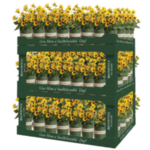



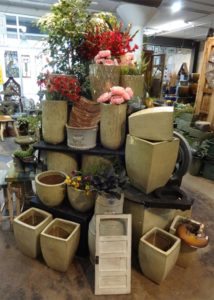
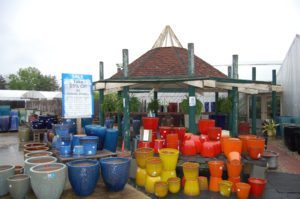
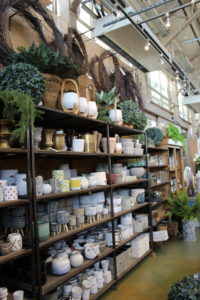
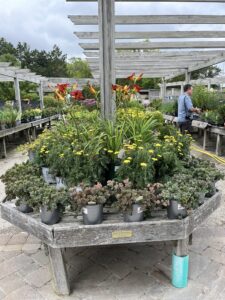
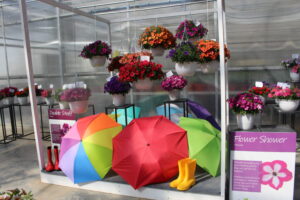
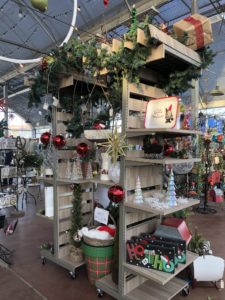
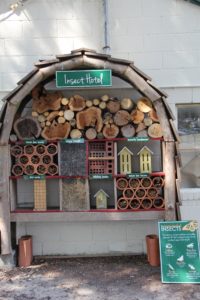
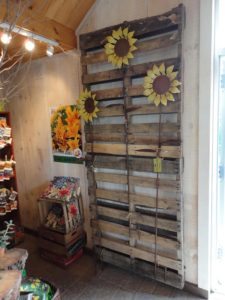

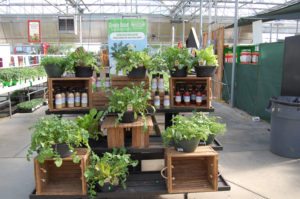
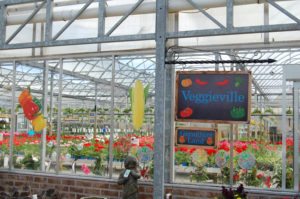
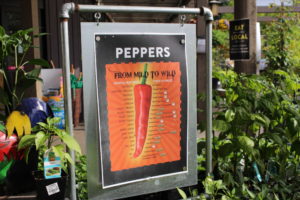
 Videos
Videos





